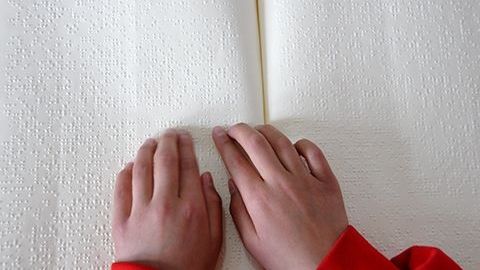Police in Chongqing municipality and Sichuan and Guangdong provinces are warning parents to prevent their children from playing Blue Whale, the so-called suicide game.
According to the Chongqing Public Security Bureau, a small number of juveniles have been discovered participating in the game, which operates via social media groups.
The police and the cyberspace administration will crack down on any organizing, instigating or luring people to play the game, a source at the bureau said on Wednesday, asking not to be identified.
Severe penalties will be meted out to those who cause grave consequences, this person said.
The Nanjiang county public security bureau in Sichuan said on Tuesday that it had detained a suspect surnamed Liu, who is suspected of inviting his social media friends to play Blue Whale.
A whistleblower reported last week that the game was being promoted in a QQ circle of friends. About three hours later, police detained Liu, the bureau said.
It asked the public to report anyone promoting the game.
Mazhang district’s public security bureau in Zhanjiang, Guangdong, said on Tuesday that it had detained a 17-year-old boy on suspicion of spreading extremism.
A student identified only as Xue is accused of downloading photos showing how to make a whale pattern on one’s arm with a knife, and uploading the photos to his QQ circle of friends. He is also accused of starting a rumor that 11 friends in the circle had finished the game. He wanted to arouse friends’ interest and keep them in the circle, authorities said.
The suicide game, named for the way whales beach themselves and die, was invented by Philipp Budeikin, a 21-year-old psychology student from Russia. Budeikin started spreading the game in 2013 and was arrested in Russia in October.
The player signs up via a social media group and must agree to follow a series of instructions set by an “administrator” over the course of 50 days.
The administrator assigns tasks the player must accomplish to progress. These range from getting up at 4:20 a.m. every day, watching horror films for an entire day and carving the whale pattern on the arm with a knife.
The final “challenge” is committing suicide on the 50th day.
Players of the game are generally age 10 to 14. The game is believed to be responsible for more than 130 suicides in Russia and has spread to the United States, Italy, Eastern Europe and parts of China’s Anhui and Yunnan provinces, according to Chinese police.


